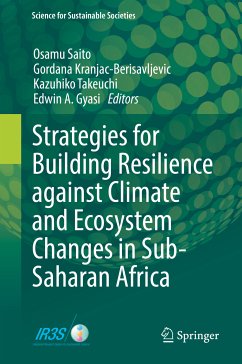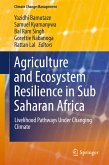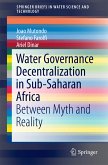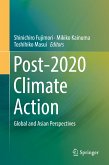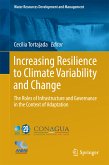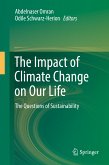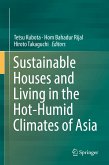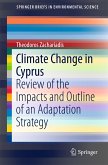The book chiefly addresses three thematic areas, namely: Forecast and assessment of climate change impacts on agro-ecosystems; Risk assessment of extreme weather hazards and development of adaptive resource management methods; and Implementing capacity development programs for local leaders and practitioners. The collaborative nature of the project and the use of various quantitative and qualitative research techniq
ues and methods - such as field surveys, questionnaires, focus group discussions, land use and cover change analysis, and climate downscaled modeling - make the book truly unique.
Especially at a time when both long-term climate change and short-term extreme weather events such as droughts and floods are worsening, this book offers potential approaches to developing an integrated framework for assessing the local ability to cope with floods and droughts, and for enhancing the resilience of farming communities in developing countries, which are the most vulnerable to these changes and extreme weather events. As such, it will be of interest to a wider audience, including academics, professionals, and government officials alike.
Dieser Download kann aus rechtlichen Gründen nur mit Rechnungsadresse in A, B, BG, CY, CZ, D, DK, EW, E, FIN, F, GR, HR, H, IRL, I, LT, L, LR, M, NL, PL, P, R, S, SLO, SK ausgeliefert werden.

